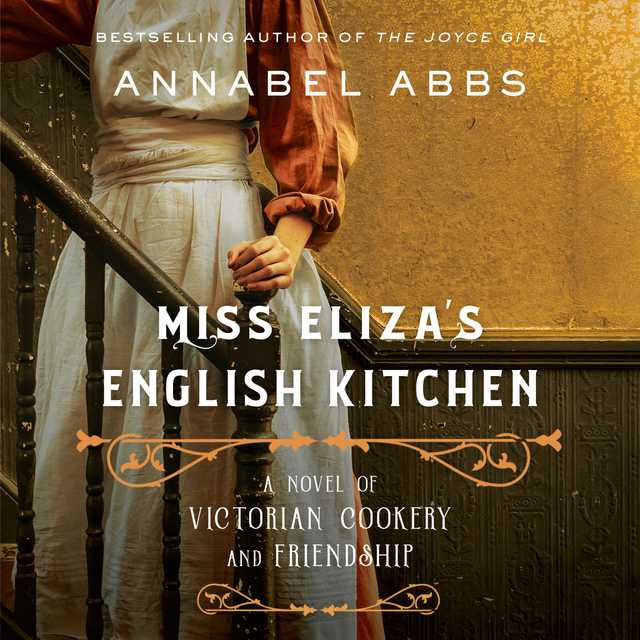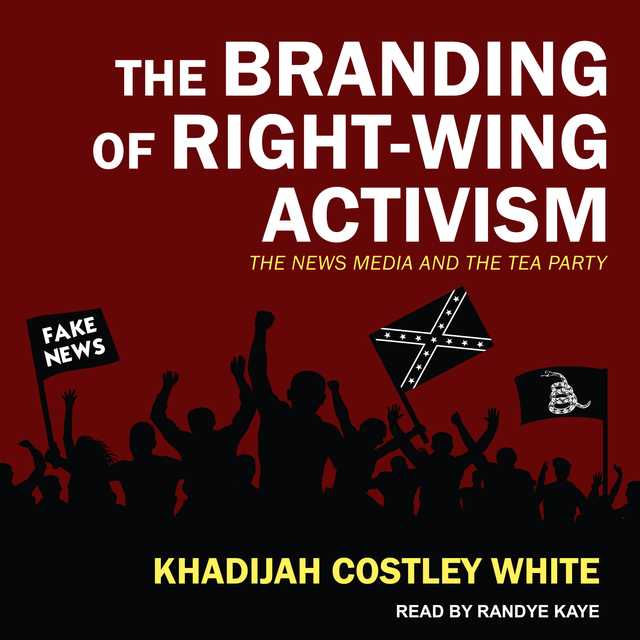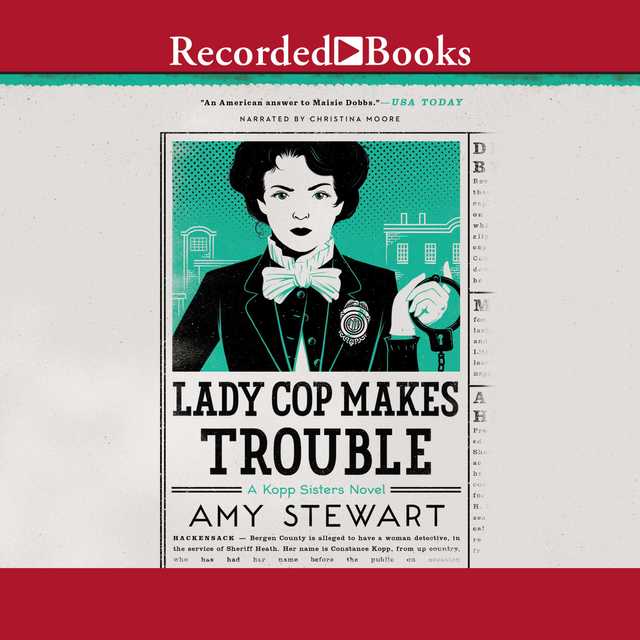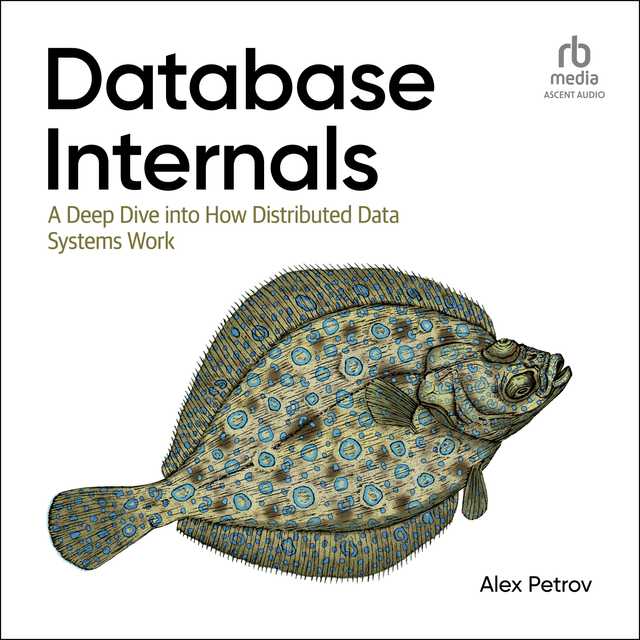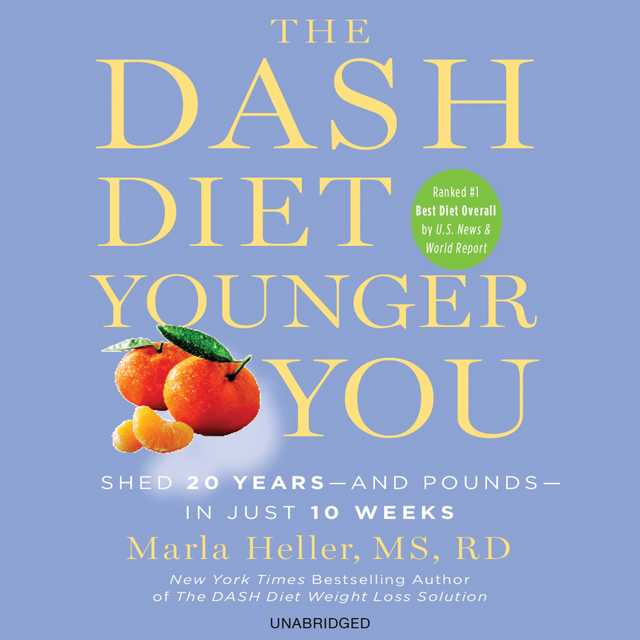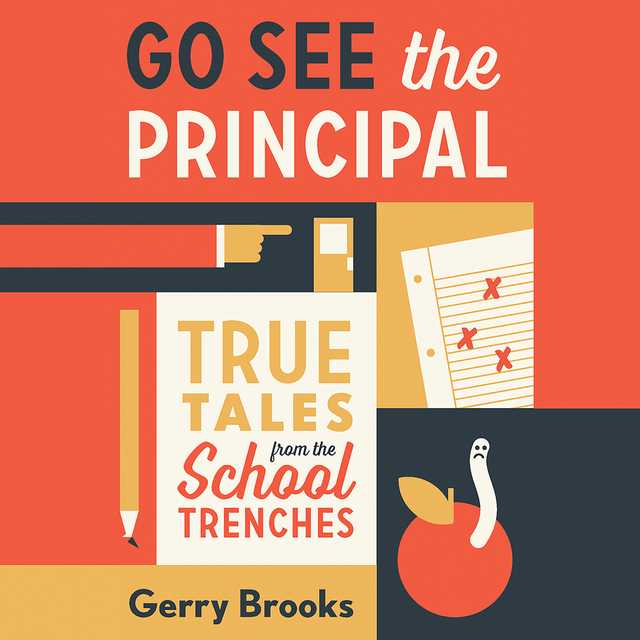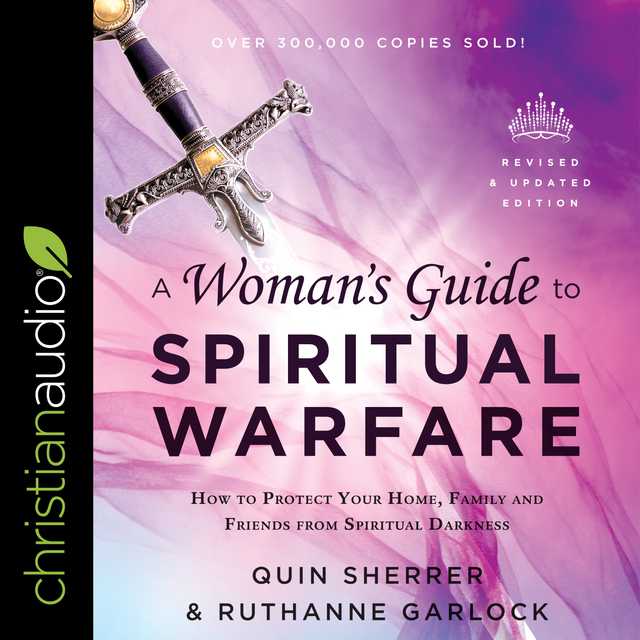Miss Eliza’s English Kitchen Audiobook Summary
One of the Season’s Best Historical Fiction Novels by the New York Times!
Good Housekeeping Book Club Pick for November!
A Country Living Best Book of Fall!
A Washington Post Best Feel-Good Book of the Year!
In a novel perfect for fans of Hazel Gaynor’s A Memory of Violets and upstairs-downstairs stories, Annabel Abbs, the award-winning author of The Joyce Girl, returns with the brilliant real-life story of Eliza Acton and her assistant as they revolutionized British cooking and cookbooks around the world.
Before Mrs. Beeton and well before Julia Child, there was Eliza Acton, who changed the course of cookery writing forever.
England, 1835. London is awash with thrilling new ingredients, from rare spices to exotic fruits. But no one knows how to use them. When Eliza Acton is told by her publisher to write a cookery book instead of the poetry she loves, she refuses–until her bankrupt father is forced to flee the country. As a woman, Eliza has few options. Although she’s never set foot in a kitchen, she begins collecting recipes and teaching herself to cook. Much to her surprise she discovers a talent – and a passion – for the culinary arts.
Eliza hires young, destitute Ann Kirby to assist her. As they cook together, Ann learns about poetry, love and ambition. The two develop a radical friendship, breaking the boundaries of class while creating new ways of writing recipes. But when Ann discovers a secret in Eliza’s past, and finds a voice of her own, their friendship starts to fray.
Based on the true story of the first modern cookery writer, Miss Eliza’s English Kitchen is a spellbinding novel about female friendship, the struggle for independence, and the transcendent pleasures and solace of food.
Other Top Audiobooks
Miss Eliza’s English Kitchen Audiobook Narrator
Ell Potter is the narrator of Miss Eliza’s English Kitchen audiobook that was written by Annabel Abbs
Annabel Abbs grew up in Wales and Sussex, with stints in Dorset, Bristol and Hereford. She has a degree in English Literature from the University of East Anglia and a Masters in Marketing from the University of Kingston. After fifteen years running a consultancy, she took a career break to bring up her four children, before returning to her first love, literature.
Her debut novel, The Joyce Girl, won the 2015 Impress Prize for New Writing and the 2015 Spotlight First Novel Award, and was longlisted for the 2015 Caledonia Novel Award and the 2015 Bath Novel Award. Her short stories and journalism have appeared in various places including Mslexia, The Guardian, The Irish Times, Weekend Australian Review, Elle, The Author, The Daily Telegraph, Psychologies and the Huffington Post. She has been profiled in Writing Magazine, Sussex Life, Next NZ, Litro and Female First. Her blog, www.kaleandcocoa.com, was featured in the Daily Telegraph in August 2015 and May 2016.
She lives in London and Sussex with her family and an old labrador. Annabel tweets (sporadically) on books, writing and the arts at @annabelabbs.
About the Author(s) of Miss Eliza’s English Kitchen
Annabel Abbs is the author of Miss Eliza’s English Kitchen
More From the Same
- Author : Annabel Abbs
- The Joyce Girl
- Windswept
- Publisher : HarperAudio
- Abraham
- American Gods [TV Tie-In]
- Dead Ringer
- House of Sand and Fog
- Prey
Miss Eliza’s English Kitchen Full Details
| Narrator | Ell Potter |
| Length | 11 hours 10 minutes |
| Author | Annabel Abbs |
| Category | |
| Publisher | HarperAudio |
| Release date | November 16, 2021 |
| ISBN | 9780063066489 |
Subjects
The publisher of the Miss Eliza’s English Kitchen is HarperAudio. includes the following subjects: The BISAC Subject Code is Biographical, Fiction
Additional info
The publisher of the Miss Eliza’s English Kitchen is HarperAudio. The imprint is HarperAudio. It is supplied by HarperAudio. The ISBN-13 is 9780063066489.
Global Availability
This book is only available in the United States.
Goodreads Reviews
Julie
September 16, 2021
Miss Eliza’s English Kitchen by Annabel Abbs is a 2021 William Morrow Paperbacks publication. Eliza Acton’s original plan to become a poet came to an abrupt halt when a publisher dismissed her work and then had the audacity to suggest she write a cookery book. To make matters worse, her father suffered a reversal of fortune, prompting him to leave the country. Eliza, with limited options, reconsidered the publisher’s suggestion that she write a recipe book. But first, she must familiarize herself with a kitchen and gather recipes to add to her book. To help her with this task, she hires Ann Kirby, an impoverished young woman hoping to provide proper care for her ailing mother. Together, these women forge a bond while creating a series of popular cookbooks. It was a friendship that grew over time and endured for a lifetime. The story is told in dual narratives. Eliza’s thoughts and personal goals and challenges are very different from those Ann Kirby endured, but the women complemented one another beautifully. The characterizations are well done, with both women growing emotionally, gaining confidence and strength as individuals and as partners, each achieving their own personal and professional satisfaction. I really enjoyed this story, based the real Eliza Acton and her English cookery books, which I must confess, I was totally unfamiliar with. As a frequent reader of historical fiction, it is common to encounter dual timelines these days, which is okay most of the time, but not really my favorite, which was why I enjoyed the format the author used in this novel. Instead of a dual timeline, she used dual first-person narratives from the same time period. This made the story much more effective for me. The truth about Mrs. Beeton’s book is also interesting, and is something people should be made aware of, in my opinion. Overall, this is a lovely story of two very different women, from very different walks of life, coming together to create something worthwhile and helpful to generations of cooks who have benefitted from Eliza’s organization and instructions on not only the proper ingredients, but the steps needed to make the dishes a success. This format is still widely utilized today and has influenced several high-profile chefs over the years. Culinary enthusiast, and fans of strong historical female characters will not want to miss this one! 4.5 stars
Ceecee
February 04, 2022
4.5 rounded up. This novel is based on fact and tells the story of Eliza Acton and her assistant Ann Kirby who collaborate to produce one of the greatest cookery books of all time, so great in facts some recipes are plagiarised by Mrs Beeton - naughty Isabella! The story is told alternately by Eliza and Ann. First of all, what an absolute joy to read! You relish every word, savour the characterisation and delight at the delicious tempting recipes. All the characters are well portrayed but obviously Eliza and Ann stand out. Eliza wants to be more than her spinsterhood, she’s on a mission to transform and change how things are done in the culinary world and it strikes me that so many of her ideas are modern so must have been revolutionary at the time. This includes giving precise weights and so on of the ingredients which is completely new. . I like how we get the tantalising hints of Eliza’s past and how her story unfolds, ideas which may well be grounded in fact. Ann is resourceful, clever, prepared to do what she has to in order to survive and you marvel at her commitment to her family as she strives so hard for her poor benighted mother. It’s fate that brings these two together and it seems it’s meant to be as their food ideas gel and compliment. I like the inclusion at the end of some of their recipes (receipts) though I’ll definitely pass on the eels! There are some fantastic descriptions of places such as London, the stinks, the colour, the sights and sounds all seem to jump off the pages as you see what Eliza and Ann see. Through the different social status of the two women we get a good glimpse of the role and place of women in society in the nineteenth century and what Eliza wants to do strikes horror in the heart of her mother who, frankly, is something else! There’s good social commentary on issues like provision (or lack of) for the mentally ill and their cruel and often callous treatment and conditions for the poor and destitute and how they survive on next to nothing. I find the whole thing engrossing and captivating though I do think the ending is a bit abrupt with a slight feeling of being left hanging!Overall, the novel is extremely accomplished, the plot unfolds organically and it’s very hard to put down. It conveys really well just how important Eliza Acton is in the cookery world and how much is owed to her. I applaud the author for creating such a marvellous novel without a huge amount of evidence to go on. Highly recommended for fans of historical fiction or those who love food!! With thanks to NetGalley and especially to Simon and Schuster for the much appreciated arc in return for an honest review.
Annette
July 26, 2021
This story brings true figures of Eliza Acton, poet and pioneering cookery writer, and Ann Kirby, her assistant. They both worked on a cookery book which is known as “the greatest British cookbook of all time.” It was an international bestseller and her books had a profound influence on later cookery writers.England, 1837. Eliza, at thirty-six, dreams to publish her poems with an international publisher, but she is asked to write a cookery book instead, more fit for women. A bit appalled by this suggestion, she returns home humiliated, only to find out that her father has just become a bankrupt. But then, when seeing badly written recipes and sounding unappetizing, after all writing a cookery book might not be a bad idea. And for that she needs a scullery maid.Ann, at seventeen, cares for her parents and dreams about being a cook. A vicar suggests to Ann a position of underhousemaid that might be available with a new family taking up residence in Tonbridge. Eliza with her gift for writing notices that the way the recipes are written is not practical. She decides to list the ingredients separately. And with the help of Ann, they test the same recipe a few times with slight changes: adjusting the cooking times, seasonings, and quantities, to make it most pleasant for the palate. Ann enjoys working under the guidance of Eliza, thriving in the kitchen, and even giving suggestions for mixing new ingredients when asked. Told in alternate voices, this novel brings endearing friendship, the joy of cookery and creativity with food; and with limited options for spinsters, it also means certain independence. The voices of both women are very touching. Eliza is very warm and encouraging, taking Ann under her wings. Ann appreciates Eliza’s warmness and kindness, but at the same time still feels guilty for not taking care of her parents. You can sense how much she tries to stay strong, never revealing her troubled past.When the women prep the food and discuss ingredients with final touches, you can visualize it on a tray with its tasty aroma filling the house. The atmosphere of the cookery evokes your senses of taste and smell. When Eliza savors the six course French dinner, she eats it so slowly devouring its intricacies and complexities to a point that you want to grab that food and taste it yourself. The friendship between two women makes you want to join them in their endeavors. This page-turner filled with divine aromas and tastes is superbly written and thoroughly enjoyable, bringing two inspiring women. P.S. Previously, I read the Joyce Girl by this author, which I also highly recommend.Source: Goodreads Giveaway
Ellery
March 09, 2022
4.5 stars. I loved this book. It's a history of food and cooking, but it's also the history of classes, and of how upper class kitchens were the realm of servants or hired help. . .until it wasn't. Until one woman preferred creating dishes and writing down recipes to marriage. I deducted half a star because I thought there were too many poetry recitations and I don't think they added to the story. Overall, I highly recommend this novel to fans of food, historical fiction, and women's fiction.
Sarah
June 27, 2022
The Language of Food is an enthralling historical fiction novel, based around the life of Victorian poet and cookery book writer Eliza Acton (1799-1859). Outside the UK and Australia, the book has been published as Miss Eliza's English Kitchen: A Novel of Victorian Cookery and Friendship. Acton makes a compelling, real-life, heroine. Her 1845 bestseller, Modern Cookery for Private Families, paved the way for the development of modern British home cooking and, in many ways, the cookbook industry itself. It's a fact not as widely known as it ought to be that over a third of Acton's recipes were shamlessly plagiarised by Isabella Beeton for her own (even more successful) cookbook, Mrs Beeton's Book of Household Management, published sixteen years later, after Acton's death.The book opens with a prologue set in 1861, in which London-based housekeeper Ann Kirby is given a book - none other than Mrs. Beeton's new release - by her employer, and is horrified to discover that the tome contains many of her own recipes, unacknowledged and thinly disguised by changes to the names of dishes and the relocation of ingredient lists from the end of the recipes to the start.We then move back to 1845, as Ipswich-based poet Eliza Acton attends a meeting with a London publisher, hopeful that her latest volume of poetry might be launched into the public sphere. Instead, devastatingly, Thomas Longman tells her that there is no market appetite for poetry, especially that written by an unmarried woman, dismissing her with a suggestion that she might consider writing a cooking book instead. While Eliza is still reeling from this brush-off, catastrophe befalls her family: her father, a lawyer who also owns several public houses, goes bankrupt, necessitating his immediate exile to the continent. The Acton family's Ipswich home and virtually all their possessions are sold off to satisfy creditors, Eliza's brother departs to seek his fortune in Mauritius, her two younger sisters take up positions as governesses and Eliza and her mother must suffer the indignity of opening a boarding house located in rental premises in Tonbridge, Kent.Meanwhile, impoverished local Kent girl, 17-year-old Ann Kirby, is facing a devastating family and personal crisis of her own. Her beloved mother is sinking inexorably into lunacy (what we'd now term dementia), behaving increasingly erratically and no longer recognising Ann or her father. Her father, meanwhile, having lost a leg in the Napoleonic wars, is unable to provide for his family and has turned to drink. Her only surviving sibling, Jack, has taken up a lowly job turning spits and plucking fowl in the kitchens, presided over by legendary French chef Alexis Soyer, of the Reform Club in London. At the pressing of Reverend Thorpe and his wife, Ann reluctantly agrees to her mother being sent to the newly-opened Lunatic Asylum at Barming (from which the word "barmy" is derived) - where Ann is assured her mother will be well looked after and the most troubling aspects of her illness - public undressing - will be avoided. Meanwhile, Ann's father is offered a few pennies for maintaining the churchyard and the Thorpes negotiate a live-in scullery maid position for Ann at a boarding house in Tonbridge, none other than that run by Eliza Acton and her mother.Almost immediately, Eliza and Ann find a rapport, and begin the process of testing recipes, ostensibly to feed the boarders at Mrs. Acton's establishment, but with the longer-term aim of writing a housekeeping and cookery manual for modern Victorian houskeepers. Despite her impoverished beginnings, Ann can read and write well, has a well-honed palate and relishes the opportunities that her employment and blossoming friendship with Miss Eliza provide. While the bulk of her paltry salary goes on bribing staff at the asylum, Ann grows in confidence and culinary skill. Meanwhile, Eliza discovers an unexpected fascination with and passion for food and cooking, adding a revolutionary quantitative aspect (prior to her book, recipes rarely included accurate quantities or cooking times) and drawing on her poetic skills as she records the various recipes she and Ann trial together in the kitchens of Bordyke House."... I've noticed how the creation of verse mirrors the creations of the kitchen - the sense of being truly alive, the utter concentration so that one exists solely in the moment of exertion. These apply equally when I prepare a dish or when I write a recipe and must use the perfect prose." (pp.214-5)However, the women's contentedness is threatened when Eliza receives a marriage proposal from aging but sympathetic spice merchant Edwin Arnott. Should she accept his offer and submit to her pre-ordained future as a well-to-do society wife, thereby relinquishing any hope of the social and financial independence she craves? Or will a scandalous secret from her past threaten her future and all the plans she and Ann have?I found The Language of Food a fascinating read, drawing its inspiration from several real-life characters, in particular the limited facts that are known and speculated about Eliza Acton's life and writing career, but fictionalising many aspects to create an engrossing character-based storyline. Several supporting characters represent people who really existed - Chef Alexis Soyer and his revolutionary commercial kitchens, philanthropist Judith Montefiore, who went on to publish an important book on Jewish cooking and establish soup kitchens in London's East End, and Mr. Arnott, who in real life provided "currie" and "currie powder" recipes for Eliza Acton's cookbook (no details of their actual personal relationship are known). The characters of Ann Kirby and her family and the Reverend and Mrs. Thorpe are entirely fictionalised, but are representative of both the desperate impoverishment of the lower classes in the mid-19th century and the appallingly paternalistic attitudes towards mental illness, women's rights and social mobility that pervaded Victorian society.In addition to the mouth-watering depictions of dishes created by Eliza and Ann, I was also impressed by the way Annabel Abbs wove poetry and poeticism throughout the narrative. She draws on Eliza Acton's known work, as well as that of other Victorian "lady poets" including Felicia Hemans and Letitia E. Landon.The Language of Food is an immersive reading experience, which will appeal to readers who enjoy quality historical fiction (especially that based around real-life figures), have a love of cooking and cookbooks, and/or enjoy stories of female empowerment. Very highly recommended.
Lady Clementina
March 11, 2022
My thanks to Simon and Schuster and NetGalley for a review copy of this book.The Language of Food is a beautiful story of food and of recipes, and also of poetry, but more than that of two women who want to dream of and do things that weren’t approved of in the time they wanted to do them or seemed far out of their reach—and who each in their own way lived somewhat beyond convention.The story is based on two real life figures—Eliza Acton, a writer who revolutionised in a sense, the way cookbooks were written, making them not only of the kind we are familiar with today, with elements of precision and clarity, but also weaving into them poetry and a sense of appreciation for food—so far described in only mechanical terms—and her maid, Ann Kirby—who had abilities (and indeed ambitions) that one from her background would not have been expected to have in those days, and worked alongside Eliza for ten years developing and testing the over 500 recipes in the book. As the book opens, we find Ann Kirby, at 17 looking after a mother who is fast deteriorating due to mental illness and requires more and more care and a father who has lost a leg in the war, is an alcoholic and is unable to find or hold on to work. Then the local Reverend Thorpe offers to find her Mam a place in an asylum where she will be looked after while Ann can take a place as maid with a new family who is unaware of the ‘taint’ on her family. Alongside we have the Eliza a spinster at 36 who has published one volume of poetry and dreams of publishing another. But a promising meeting with the publishers, Longmans, turns out quite the opposite when Eliza is told quite categorically that poetry isn’t ‘women’s’ business and she should consider writing a gothic novel, or even better, a cookbook. Shocked, her dreams shattered, and feeling understandably insulted, Eliza leaves. But when her father becomes bankrupt, circumstances change, and she and Mrs Acton must run a boarding house. Now, the prospect of a cookbook seems a way out of their predicament. Having looked at some existing cookbooks, Eliza not only finds how poorly written and unhelpful they are—lacking clarity, and in most cases, also measurements of ingredients—but memories are stirred up of how she had enjoyed food when she travelled to France in the past. Needless to say, Ann is the new maid in the boarding house. Eliza finds Ann’s ability to read and write and interest in food just what she needs to help her, and the unconventional Eliza who treats Ann more as a friend and partner in work rather than a maid captures Ann’s interest as the two work together to create the recipe book. The book is narrated in first person, with alternative chapters in the voices of Ann and Eliza. Alongside the putting together of the recipe book, we also follow the two women’s lives as they deal with opportunities that arise and the problems that face them.This was a beautifully written and very engaging read for me right from the start. I enjoyed following the two women’s lives and both narratives. They two kind of run in continuum with each other since they are for the most part working together on the book, but there are segments where we also follow each of them individually as certain subplots unfold.This is a book about food, so if course there is plenty of it—I loved the process of Eliza working on recipes, testing them out—sometimes on their own, while at others for guests at the boarding house—and how she works at writing them as well. Ann might start out as a maid but soon proves that she can be more in terms of giving her inputs on flavours and even adding her own little touches—something Eliza appreciates. It was interesting to see how Eliza brought about such a revolution in the way cookbooks were written, and was able to, through her poetic writing, take them to a different level. In fact, that poetic approach to and appreciation of different ingredients and tastes comes through in this book as well. For those interested, the author has included a few of the recipes at the end.But more than the food, poetry and family dynamics and relationships (there are also broader social reflections like the attitude to mental illness, the harassment and downright abuse that maids were subjected to by guests, etc.) what I liked best was that both the central characters—Eliza and Ann—are strong women who dare to dream and dare to live beyond convention (They also have more in common than thy realise, both families having secrets which if revealed can have consequences). Eliza for instance is a spinster who wants only to write and publish poetry—and wants to be identified with it—not use pseudonyms or disguises—something much disapproved of by her mother since she thinks Eliza’s poems reveal too much of her emotion. When she picks up the cookbook project, she has no qualms about turning cook in the boarding house, nor does she treat Ann as a conventional maid. She sees this not as simply a cookbook, but something that will change the way things are being done in the country—perhaps bring more women back into the kitchen. In fact, only as the story progresses, we come to appreciate this much more, and Eliza for the choices she has made. Ann too, is somewhat unconventional, having been taught to read and write by her mother. She dreams of being a cook (like her brother Jack who is apprenticed to a chef in London), even though this is not possible at her age (at 17 she is too ‘old’ to climb too far), but she is lucky that with Eliza she has a chance to realise these ambitions. But luck apart, she is also someone who speaks up for herself and questions what she finds unfair. (The author’s note mentions that little is known about Ann so her story is mostly fictionalized while Eliza’s is more based on fact, though her in her case too, information was limited). All-in-all this made for an engrossing read, with strong main characters, which I enjoyed very much.I would be remiss in this review if I don’t mention the lovely cover of the book (which reminds me very much of Delft pottery). While I reviewed an e-arc, the physical copy which I have seen pictures of is absolutely gorgeous, including the lovely painted book edges.4.5 stars
Bonnie
January 17, 2022
England 1835. When Eliza Action is ordered by her publisher to write a cookbook instead of her usual poetry, she is less than interested. After all, she does not know how to cook! She hires an assistant, impoverished Ann Kirby, to help her, and together they write recipes. Along the way, Eliza finds a passion for culinary arts, and they both find a friend. Will a secret from Eliza's past change everything?This is a really well-written and true-to-the-period tale of two women who were thrown together, became friends, and did something extraordinary. The characters are engaging and well written, and the story is beautifully told. I would recommend this to anyone interested in culinary history and historical fiction about strong women.I received a free copy of this book from the publishers. My review is voluntary and my opinions are my own.
Katie
May 13, 2022
I love the historical fiction genre because it gives me the chance to learn something and it holds my interest more than just regular nonfiction. It never dawned on me until I picked this book up that there was a time when cookbooks were not so user friendly. We have Eliza Acton to thank for revolutionizing the format. I will never take specific instructions and exact measurements in recipes for granted again. The setting is England and it's the 1830s. Eliza Acton writes poetry but her publisher is only interested in cookery books. She's lived a life of privilege but times are tough and she could use the money. So she decides to learn how to cook and collects recipes with the hope of perfecting them so they are worthy to be published in her cookbook. Eliza hires Ann Kirby to assist her in the kitchen. Ann needs to do well at her job so she can support her parents. Two women from different walks of life. Is a friendship even possible?You don't need to be an expert chef in order to enjoy this book but an appreciation for food is probably a requirement. There's much detail about the preparation of the dishes and if that's not your thing you might get bored with the storyline after awhile. I liked the yummy food descriptions although there were a few dishes that even this non-picky eater wouldn't want to eat. The author did a good job highlighting women's roles during this time period and society's expectations. It was something she was able to explore a bit not just with the two leads but some of the other female supporting characters as well.All in all, I really liked what the author was able to come with as it was a mix of facts and she used her creativity to fill in some of the blanks. I recommend this book if you like reading about food and are looking for something different in the historical fiction genre.Thank you to William Morrow for providing me with a copy! All thoughts expressed are my honest opinion.
MaryannC. Fiendish Book freak
November 05, 2021
A rich , sumptuous tale of two women from very different backgrounds who forge a bond of friendship centered around their love of food.Eliza Acton is a headstrong woman who has decided to pursue her heart's desire of becoming a poetess, but her dreams are suddenly thwarted when she is reduced to genteel poverty after her father has caused irreparable financial ruin and abandoned the family. As a means to survive for spinsterish Eliza, she and her mother take in guests looking to stay at their home. But against her mother's strong opinions decides she will pursue her heart's desire by having her poems published only to be told that she would be better off writing a cookbook. Insulted and upset Eliza comes to realize she actually enjoys preparing dishes infused with heady spices that excite the palate, but Eliza needs help if she is going to cook for paying guests while writing an intricate cookbook. Help comes in the form of Ann, a young poverty stricken girl hired to assist Eliza in the kitchen. But poor Ann has shameful secrets she keeps fiercely hidden, her once vibrant and caring mother is deranged often embarrassing the family by escaping from home naked and crazed while her father loses himself in drink unable to hold a job with one leg. Referred by the parish priest Ann finds herself working alongside Eliza discovering that she too shares a fondness for creating the delectable dishes they both imagine.A lovely, wonderfully written book with descriptions of food I could almost imagine tasting and smelling as I read. Recommended.
Maria Olga
April 09, 2022
Que entrañable lectura.Colmadas páginas repletas de metáforas, buena mezcla de recetas de cocina, poesía, pensamientos, relatada con una prosa exquisita, disfrute mucho de las páginas de este libro.Una lectura con olor y sabor, escrita con sentimiento y arte, fue un placer para todos los sentidos.
Tracey Allen
March 29, 2022
The Language of Food by Annabel Abbs was a sublime read containing tantalising descriptions of food, and life below stairs during 1800s England. The Language of Food tells the untold story of Eliza Acton, a poet at heart and author of Britain's first cookery book for domestic readers. Modern Cookery for Private Families was published in 1845 and author Annabel Abbs has given the reader a fictionalised account of Eliza Acton's life.Told from two perspectives, that of Eliza and a housemaid by the name Ann Kirby, the reader is soon swept into a world where the kitchen is the centre of the household."And it seems to me that the kitchen, with its natural intimacy, is more conducive to friendship and love than any other room in the house. The steady indeterminate pattern of days spent there, the heady unforgettable smells, the warmth and succour of its confined space." Page 317Female agency is a strong theme throughout the book, not surprising given the period and our two lead characters, but I celebrated the manner in which both characters seemed to follow their calling despite feelings of obligation and family responsibility laying elsewhere.Eliza Acton was a poet in real life and the author has spared no effort in imagining the world of food, spices and cooking through the eyes of a poet and a woman who didn't even know how to boil an egg when she first ventured into a kitchen.The writing is deliciously suggestive but also funny on occasion, as in this observation from Ann Kirby early on in the novel:"Mrs Thorpe has a bosom so ample you could trot a mouse on it." Page 43Modern Cookery for Private Families was the first cookery book to provide a detailed list of ingredients, precise quantities and cooking times for each recipe in a format we still follow today. Mrs Beeton's Book of Household Management was published in 1861 well after Eliza Acton's and it is now known that Mrs Beeton plagiarised hundreds of Acton's recipes for the collection. Not only that, but Mrs Beeton stole recipes from other cookery books as well, and knowing that now, I wish she wasn't held in such high esteem. A pox on her book!The Language of Food by Annabel Abbs is definitely a book to savour, but be prepared to salivate as you visualise and imagine the dishes being tested, prepared and devoured. Abbs provides phrases to roll around your tongue and plenty of description so you can immerse yourself in the sensual writing and imagine yourself in the character's shoes. I particularly related to Ann Kirby, and enjoyed this section describing the first three days of her employment by Miss Eliza Acton:"For three days, Miss Eliza gives me instructions and I follow them to the letter. I scrape the sugar from its loaf, scrub the vegetables of mud and insects, scour the sink with sand and spread the tea leaves for drying. I fetch water, and firewood, and fish from the market. I slice and sift and grate and pluck. I stoke and sweep and black the range. I wash and dry and polish. And when I get a second to myself, I eat. I eat pie crusts burnt to a crisp and fit only for the pig. I drink cream that has curdled and is intended for the cat. I steal spoonfuls of over-salted sauces so that my tongue withers in my mouth. I eat the leftovers and lick the cooking spoons and even wipe my tongue around the batter basin. I cannot help myself for my insides are gnawed half to death from years of hunger and I've never seen so much food." Pages 83-84I always know I'm reading a great book when I want to recommend it to friends before I've even finished it and that was certainly the case here. The Language of Food by Annabel Abbs is an absorbing historical fiction novel for those who love the poetry of food, the magic of a kitchen and anything to do with cooking, baking, chopping, saucing, stirring or tasting food. Highly recommended!* Copy courtesy of Simon & Schuster *
Suzanne
April 28, 2021
This is a wonderful book, filled with interesting characters and a vibrant setting/time. MISS ELIZA’S ENGLISH KITCHEN is a peek into a time when most women of a certain class never set foot in their own kitchens. Nor were women considered capable of good cooking; it was a preserve populated entirely by men. Author Annabel Abbs has taken a famous cookbook and a few known facts about the author and spun a great tale. The protagonist confronts all manner of social obstacles to become a food writer and published author. Her journey is entertaining and lively and the book itself is thoroughly engrossing. I read it straight through and enjoyed every minute. I received my copy from the publishers through NetGalley.
Claudia
November 02, 2022
Me ha encantado. La época en que está ambientada la novela es de mis favoritas, y el estilo de la autora me ha parecido genial; como si eso fuera poco, Eliza como personaje histórico es fascinante, así que me ha encantado saber de ella e imaginar gracias a esta historia cómo pudo ser su vida.
Most Popular Audiobooks
Frequently asked questions
Listening to audiobooks not only easy, it is also very convenient. You can listen to audiobooks on almost every device. From your laptop to your smart phone or even a smart speaker like Apple HomePod or even Alexa. Here’s how you can get started listening to audiobooks.
- 1. Download your favorite audiobook app such as Speechify.
- 2. Sign up for an account.
- 3. Browse the library for the best audiobooks and select the first one for free
- 4. Download the audiobook file to your device
- 5. Open the Speechify audiobook app and select the audiobook you want to listen to.
- 6. Adjust the playback speed and other settings to your preference.
- 7. Press play and enjoy!
While you can listen to the bestsellers on almost any device, and preferences may vary, generally smart phones are offer the most convenience factor. You could be working out, grocery shopping, or even watching your dog in the dog park on a Saturday morning.
However, most audiobook apps work across multiple devices so you can pick up that riveting new Stephen King book you started at the dog park, back on your laptop when you get back home.
Speechify is one of the best apps for audiobooks. The pricing structure is the most competitive in the market and the app is easy to use. It features the best sellers and award winning authors. Listen to your favorite books or discover new ones and listen to real voice actors read to you. Getting started is easy, the first book is free.
Research showcasing the brain health benefits of reading on a regular basis is wide-ranging and undeniable. However, research comparing the benefits of reading vs listening is much more sparse. According to professor of psychology and author Dr. Kristen Willeumier, though, there is good reason to believe that the reading experience provided by audiobooks offers many of the same brain benefits as reading a physical book.
Audiobooks are recordings of books that are read aloud by a professional voice actor. The recordings are typically available for purchase and download in digital formats such as MP3, WMA, or AAC. They can also be streamed from online services like Speechify, Audible, AppleBooks, or Spotify.
You simply download the app onto your smart phone, create your account, and in Speechify, you can choose your first book, from our vast library of best-sellers and classics, to read for free.
Audiobooks, like real books can add up over time. Here’s where you can listen to audiobooks for free. Speechify let’s you read your first best seller for free. Apart from that, we have a vast selection of free audiobooks that you can enjoy. Get the same rich experience no matter if the book was free or not.
It depends. Yes, there are free audiobooks and paid audiobooks. Speechify offers a blend of both!
It varies. The easiest way depends on a few things. The app and service you use, which device, and platform. Speechify is the easiest way to listen to audiobooks. Downloading the app is quick. It is not a large app and does not eat up space on your iPhone or Android device.
Listening to audiobooks on your smart phone, with Speechify, is the easiest way to listen to audiobooks.

